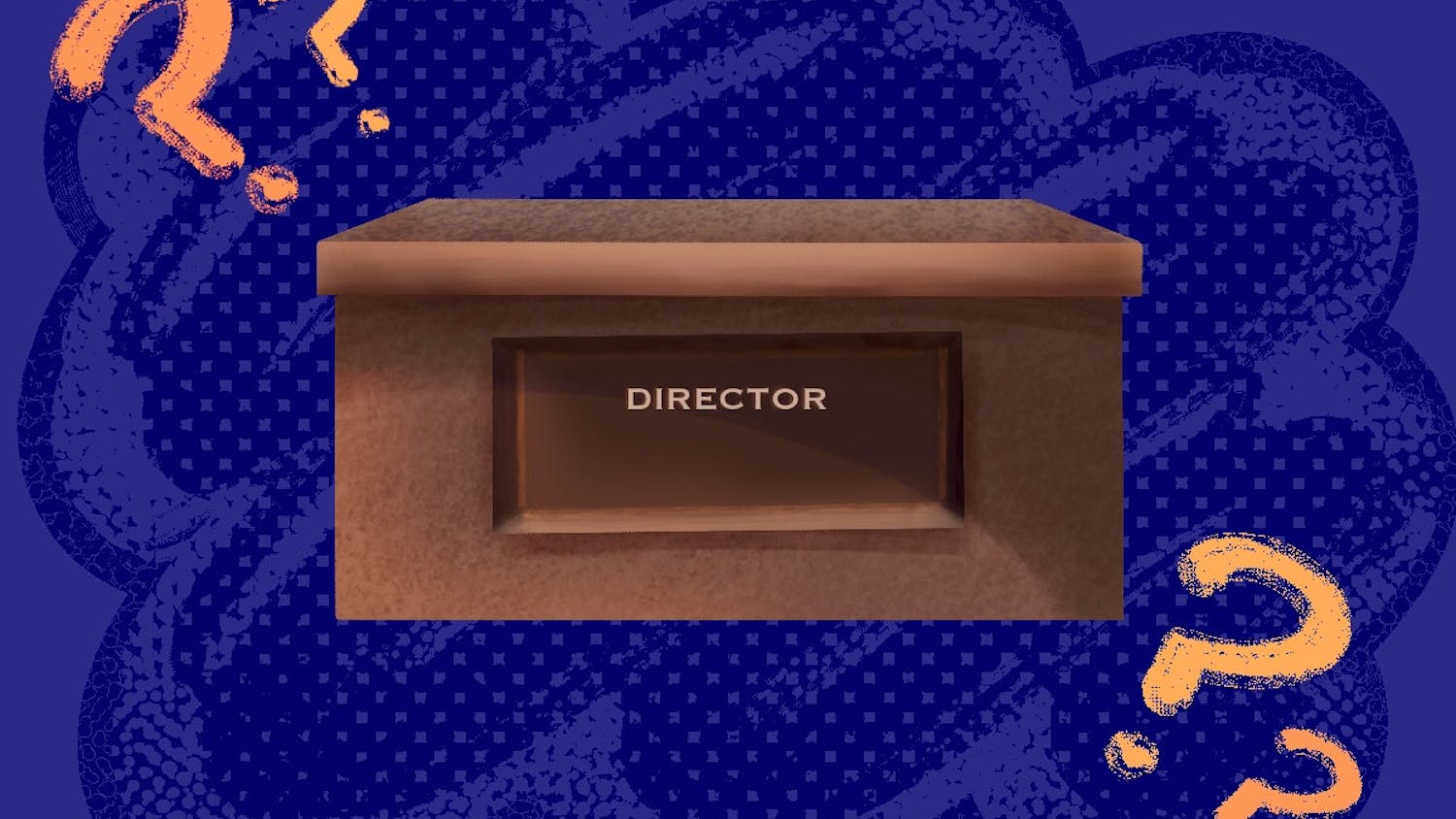I would like to address some of the comments made by Chip Skambis in his recent column entitled, “Cheating is the sign of a flawed system.”
Skambis claims from the outset that he is not “in favor of lies, deceit and dishonesty,” and yet the remainder of his column seems to me a (weak) justification of those exact actions.
Essentially, his argument boils down to the following: Professors sometimes make mistakes when they devise test questions and essay topics. Therefore, to right the wrongs of this (occasionally) unjust academic world, students can resort to cheating — “the only way for [them] to empower themselves” without “watch[ing] their grades go down.”
For the record, other options for not watching your grade go down in those situations (without cheating) include going to your professor’s office hours to discuss what you find to be “overly broad” essay topics or asking your professor for clarification in class or via email.
Call me an optimist, but I think most of the time you’ll find that professors go out of their ways to make sure their expectations are clear and their test questions are fair.
Of course, that’s not to say that all professors will be helpful in such situations.
Sometimes, professors will write vague or unfair test questions and essay topics and then not clarify when approached for further explanation.
In other news, life is not fair.
This may not be much consolation, but in these academically unjust situations, your fellow classmates are also struggling with the same professor and his/her supposed unfairness.
If you resort to cheating as a way to right this injustice at the micro-level, what you are really doing is punishing the students in the class who do not resort to cheating. Employers may hire you, and graduate schools may accept you over other more competent students because when faced with adversity, you cheated your way to a higher grade in class.
Is this type of cheating “empowering” as Skambis suggests, or is it simply a way of pushing a professor’s unfairness back on fellow classmates?
When professors are unjust, confront them about it directly and diplomatically.
If they don’t give in, contrary to what Skambis claims, you have a number of ways to “empower yourself.” First, you can drop their class. This gives an incentive to your professors to act more judiciously because if their class sizes are significantly diminished, it’s less likely they’ll get to teach that class again. Second, you can vent your frustrations in the end-of-semester evaluations. Lastly, you can write a letter to their department chair and let them know how you feel about the professors.
By channeling your frustrations constructively, you can help hold unfair professors unaccountable without resorting to plagiarism or other academic dishonesty.
David Giancaspro is a graduate student in the Spanish department at UF.





